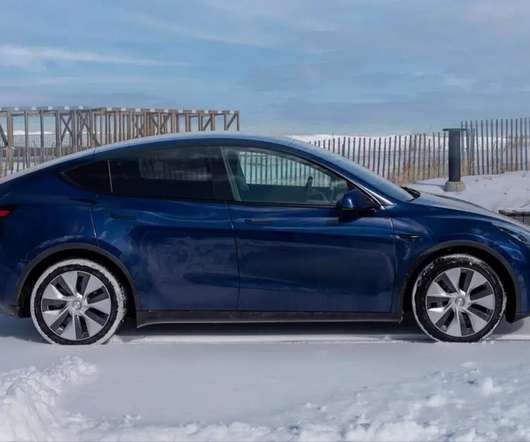EEA TERM Report Finds Efficiency Gains of Clean Vehicle Technology Being Offset By Ongoing Increases in Travel
Green Car Congress
APRIL 28, 2010
The report’s findings for the period 1997–2007 present a mixed picture, with some improvements in air pollutants and serious concerns regarding persistent growth in transport’s greenhouse gas emissions. Transport, including international aviation and maritime transport, accounts for around a quarter of total EU greenhouse gas emissions.











Let's personalize your content